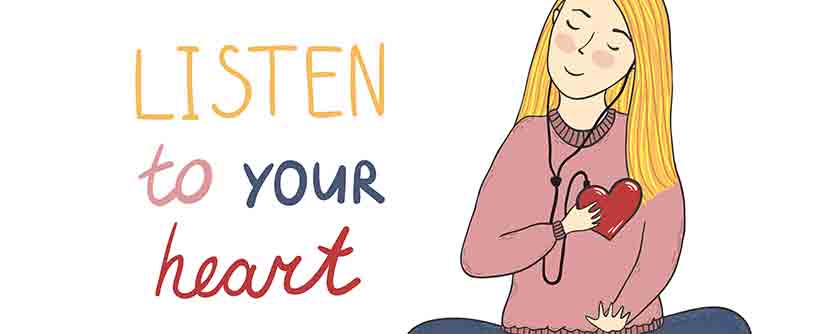If you observe carefully, you will see that there is intrinsic goodness within all of us. We don’t have to think hard in
[the_ad id=”20296″]
order to be good; it just happens. When someone asks you your name, do you have to think before answering? No, the answer just tumbles out. Does it require effort or imagination to speak the truth? Only lies require effort. Goodness comes naturally.
When do we compromise that intrinsic goodness?
There are different ways we do this. The first is when we choose to do the wrong thing by others or ourselves, knowing it is wrong. For example, when a blind customer enters a shop, would you sell him goods that are out of date? The blind man cannot read the labels, so you would get away with it. Such scenarios, where we choose to take advantage of another person, take us away from our intrinsic goodness. You do not have to be a sage to figure this out!
We also compromise our intrinsic goodness when we do the right thing but for the wrong reason, for example, because we are worried about what others think. While the act may be good, it is because we are concerned for our reputation, because we want to look good, and so we compromise our very inner intrinsic values. If we refrain from doing wrong only because we are afraid of being discovered, it proves that we still require rules and policies to avoid straying from a principled life. The more the rules and policies, the further we have strayed from intrinsic goodness.
Some people perform daily religious rituals out of fear: the fear that if they skip those rituals they may be fated for hell. Others perform rituals and offer prayers to God only because they wish to buy their safe passage from this world to the next. But to seek a return on an investment of love is to profane that love. This is the reason why ‘love for the sake of loving’ has been so highly praised. When our relationship with the Divine is tainted with desire or fear, that relationship suffers. When a person has a transactional relationship with the Divine, he will naturally learn to behave in the same way with other people, so he will take advantage of others.
In contrast, when the heart responds according to its intrinsic nature of goodness, the mind can simply rest at that time and observe. When we truly come from the heart, we need not go through an elaborate mental process of making choices; we always know what is right. It is only when we compromise our intrinsic goodness that we need to deliberate over choices in life. Think about it! The next question is: how do we cultivate and perfect this ability to listen to the heart? The answer lies in the question – by cultivating the ability through a practical method. The best method is meditation on the heart.
Source:

